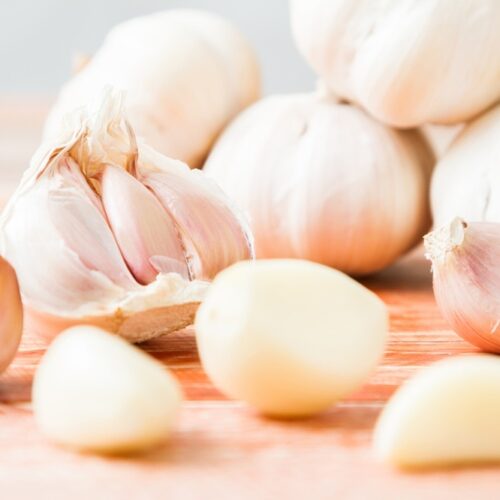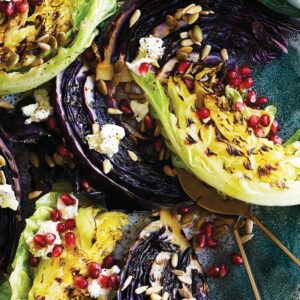
Are you concerned about animal welfare in the production of eggs, chicken, bacon and ham, but find it confusing when faced with a wall of products at the supermarket?
There are so many descriptions: free range, barn raised, farm fresh: what does it all mean?
Free-range
Free-range eggs are produced by birds that live predominantly outdoors and have access to indoor shelter for night and inclement weather conditions.
Free-range egg-laying hens have ready access to grass paddocks during the daytime; sufficient water, feed and shelter; are protected from predators; and their surroundings echo their natural habitat.
The birds are allowed as much freedom as possible to live out their instinctive behaviour in a reasonably natural way.
Barn raised
Barn-raised birds are free to roam within a shed which may or may not have vertical levels. The floor is based on litter or other material such as slats or wire mesh.
The birds are allowed to exhibit the instinctive behaviour of hens such as perching, dust bathing and nesting, and are fed a controlled yet varied diet.
Cage raised
If a term other than ‘free range’ or ‘barn’ is used to describe eggs – such as farm fresh – this means the egg is from a cage-raised bird. Ninety-two per cent of the eggs produced in NZ are from birds in cages.
The producers have to conform to regulations set out in the Animal Welfare Code. The birds are continuously housed in cages within a shed with precise environmental control, and have ready access to feed and water. The disadvantage of cages is that they prevent the birds from displaying many of their normal behaviours and they may have weaker bones due to lack of exercise.
SPCA-approved eggs
Some free range and barn producers pay the SPCA to get their farm accredited. The SPCA logo guarantees that the packaged products come from genuine free-range and barn producers. SPCA-approved farms are audited each year to conform to their high standards of animal welfare.
Free-range bacon, ham and chicken
Eggs are the most commonly known free-range product, but free-range poultry, bacon and ham are also available from supermarkets, butchers and organic outlets nationwide.
The criteria for a bird or animal to be described as ‘free-range’ is that they are allowed to roam free in pastures grazing on green vegetation.
If you buy free range, you have the peace of mind that your produce has been obtained from animals that have been free to exhibit instinctive behaviours and generally have led a happy life.
Does free range taste better?
Well, there are a variety of opinions on this. Some people I’ve spoken with are adamant that free range tastes significantly better while others say they have noticed no difference. Our advice? Make your own mind up by trying both and then eating what you prefer.
Does free range cost more?
Simply put – yes. Free-range products cost more because of the increased cost to producers of providing the space and variety the animals require.
What you choose to buy depends on the value you personally place on animal welfare. Barn-raised eggs are typically not as expensive as free range, so they are a good alternative if you are budget conscious.
The future of cages
International research and commercial trials are currently being conducted with cages containing perches, nest boxes, litter and abrasive strips, and these may offer potential for the New Zealand layer industry.
The National Animal Welfare Advisory Committee has stated it will not make any final decision on whether current cages should continue, be modified or phased out until 2009, when it will review the international scientific research.
Did you know?
- How can you tell an egg is fresh? Fresh eggs sink in water whereas a stale egg will float.
- A hen can lay around 250 eggs per year.
- Eggs contain all the essential protein, minerals and vitamins except vitamin C.
- Egg yolks are one of the few foods that naturally contain vitamin D.
www.healthyfood.com











